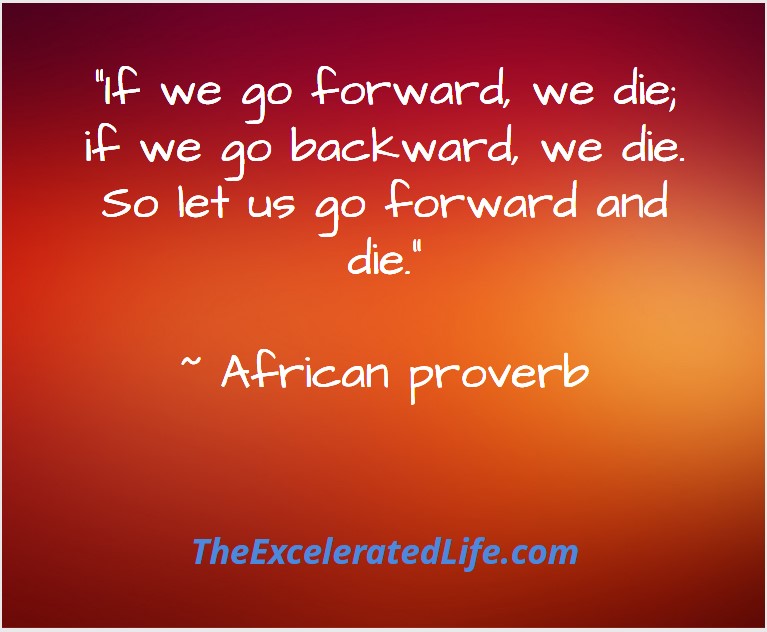There are six facts about positivity — discovered through rigorous laboratory experiments — that can help you understand the importance and the pull of positive emotions. A thorough grasp of these facts starts you on an upward spiral.

A Choice
We are living in dark times, some say, troubling times. But remember it isn’t the event that troubles us, makes us sad or angry or afraid; it’s our judgement of the event. For many of us, the world is a far different place than we’ve ever seen before. We could easily slip into a downward spiral of negative thoughts and emotions. Some wisdom from neuroscientist and author Dr. Alex Korb might be helpful.
Continue reading “Six Reasons To Choose Positivity”
